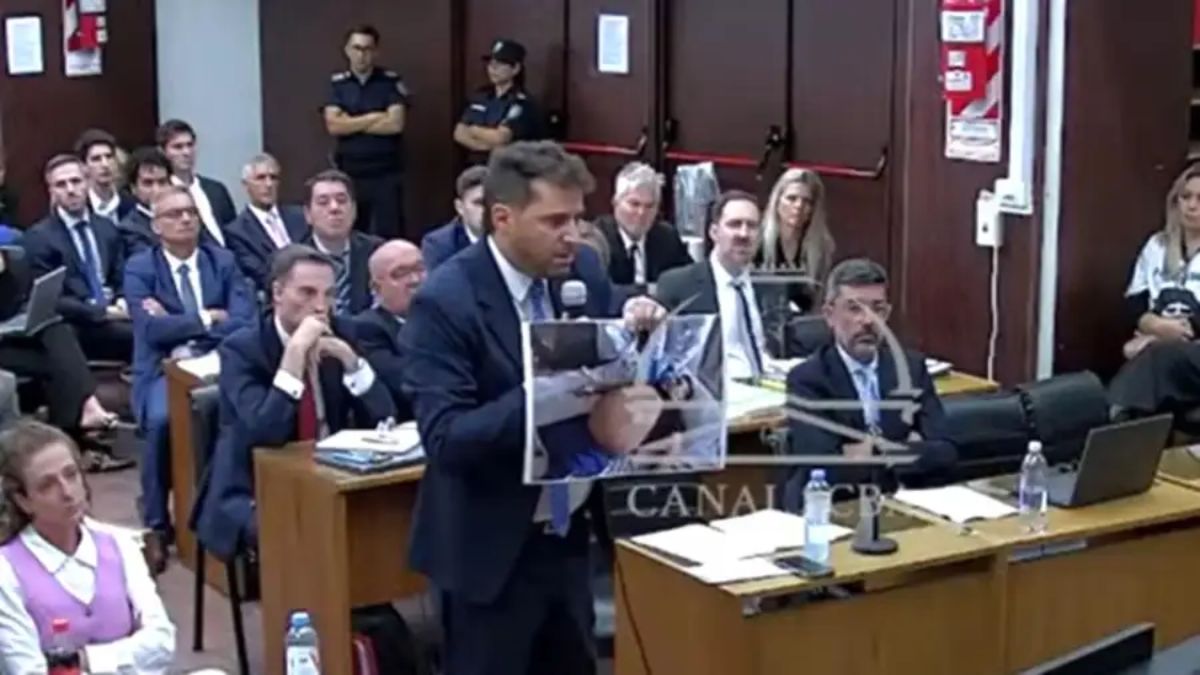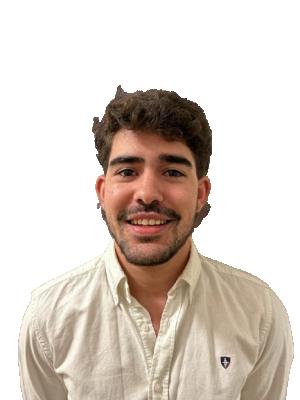Maradona's death trial reveals that only prescription psychiatric medication was in his system, and seven professionals face charges of alleged medical malpractice
Full article
No trace of drugs or alcohol on Maradona's body at time of death
A toxicology expert has confirmed in court that Diego Maradona had no alcohol or illegal substances in his blood at the time of his death, except for the drugs prescribed by his medical team. This statement came during one of the key days of the trial investigating the alleged negligence of seven health professionals accused of his death.
The specialist Ezequiel Ventosi, from the forensic police, explained before the Criminal Court No. 3 of San Isidro (Buenos Aires) that no traces of alcohol, cocaine, marijuana, ecstasy or any type of illicit drug were detected in the ex-footballer's body. What was found were psychiatric and neurological drugs, all prescribed by Dr. Agustina Cosachov, one of the defendants in the case.
Among the drugs detected were:
- Venlafaxine (antidepressant)
- Levetiracetam (antiepileptic)
- Naltrexone (used in addiction treatment)
- Quetiapine (antipsychotic for bipolar disorders)
- Metoclopramide (to control nausea)
- Ranitidine (indicated for reflux and gastric ulcers)
Serious pre-existing medical conditions

Another relevant witness, Dr. Alejandro Vega, an expert in forensic medicine, confirmed that Maradona's heart was of an abnormal size, with signs of chronic ischaemia. He also had advanced cirrhosis of the liver and long-standing kidney damage, which painted a very delicate medical picture.
Medical negligence or malice aforethought? The trial continues
The judicial process continues to advance in the court of San Isidro. The accused are:
- Leopoldo Luque (neurosurgeon)
- Agustina Cosachov (psychiatrist)
- Carlos Díaz (psychoanalyst)
- Nancy Forlini (Swiss Medical coordinator)
- Pedro Di Spagna (clinical doctor)
- Mariano Perroni (nurse coordinator)
- Ricardo Almirón (nurse)
Meanwhile, the nurse Gisela Madrid will be tried in a separate trial, through trial by jury, scheduled for the second half of 2025.
Judges Maximiliano Savarino, Verónica Di Tommaso and Julieta Makintach will have to determine whether the seven accused are guilty of the crime of manslaughter with intent, for which the maximum penalty is 25 years in prison.
Comments
Related links
Main menu












